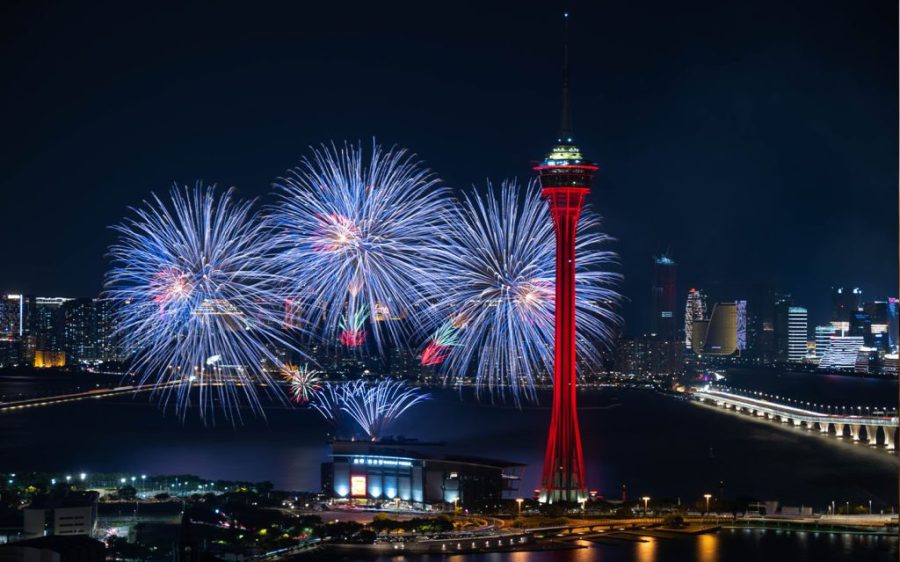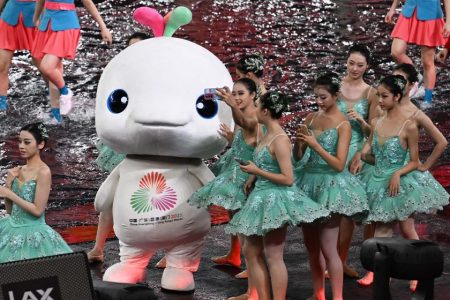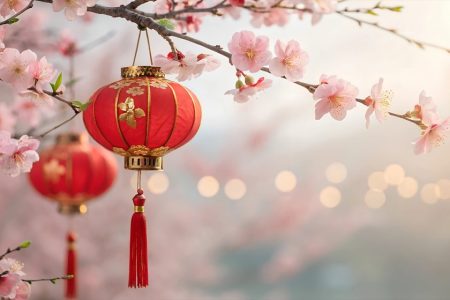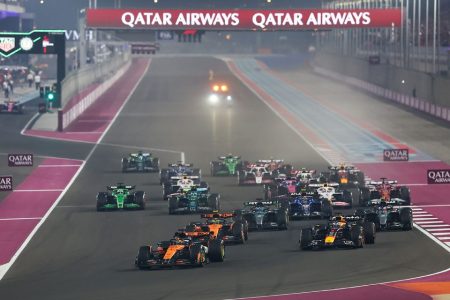What a 25 years it’s been. Since the ending of Portuguese administration in 1999, and the establishment of Macao as a Special Administrative Region (SAR) of China, the city has come into its own. From the liberalisation of its casino market and the creation of the Cotai Strip, to the completion of major infrastructure and Macao’s emergence as an entertainment hub, it’s been a rollercoaster ride.
Here are some milestones that have stood out in the past quarter century. This doesn’t claim to be the definitive list, but these are some of the things that stand out in the memory and show what a long way we’ve come.
1. Macau Tower reaches completion (2001)
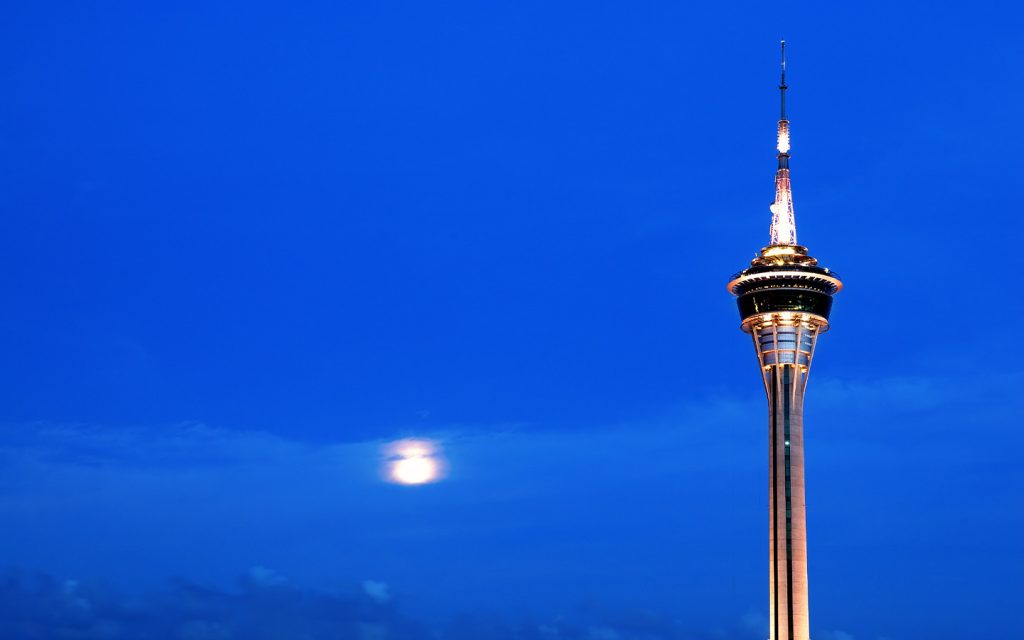
Standing at 338 meters, the ultra modern Macau Tower quickly became one of Macao’s most recognisable landmarks – a favourite of tourist snaps alongside the Ruins of St. Paul’s or the Guia Lighthouse. Although the famous bungy jump was not introduced until 2006, the tower’s two observation decks, with their stunning 360-degree views of the Macao Peninsula, Taipa and Coloane, were an instant hit with locals and visitors alike.
2. Macao liberalises its casino market (2002)
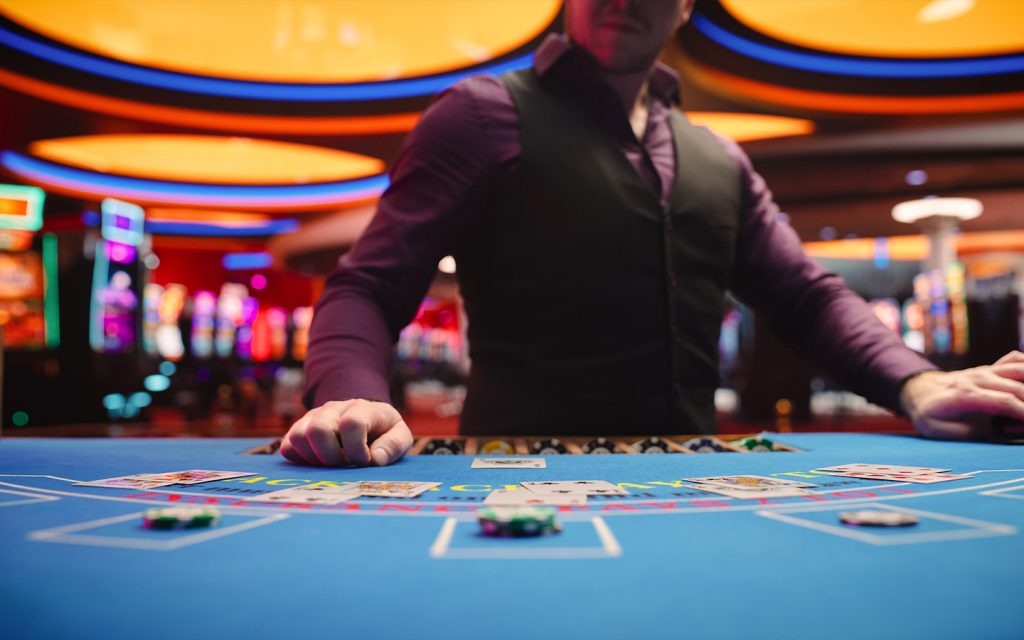
In 2002, the Macao government opened up Macao’s gambling industry, bringing international participation in the sector and a boon to the entire economy. Provisional casino concessions were granted to SJM, Wynn Resorts, and Galaxy Casino, followed by sub-concessions to the Venetian Group, MGM Grand Paradise and Melco PBL Gaming.
3. Mainland residents begin travelling to Macao on individual permits (2003)
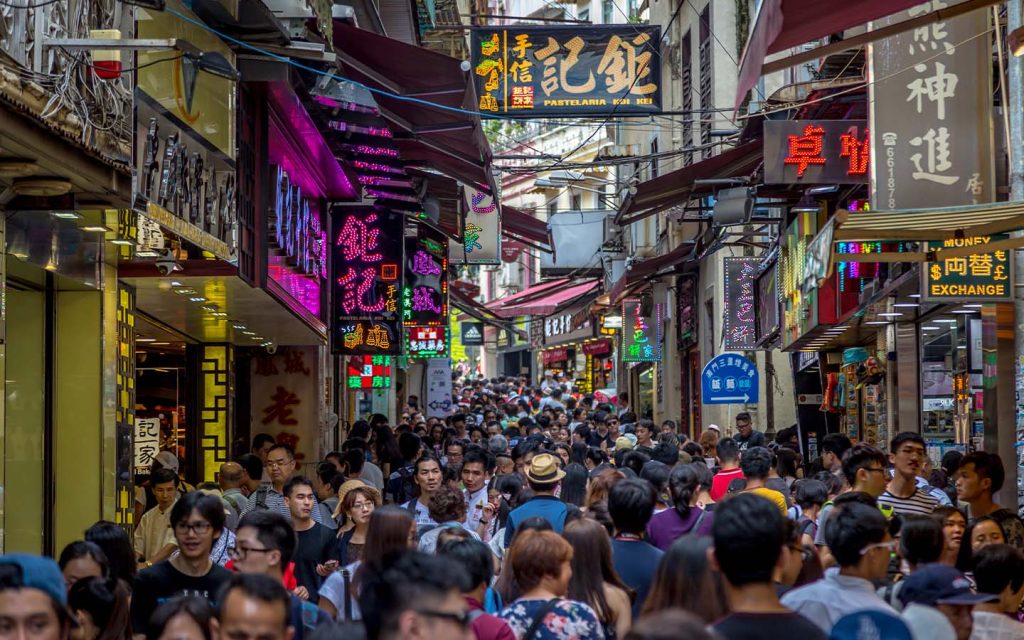
In June 2003, the central government announced that residents of four Guangdong cities – Dongguan, Zhongshan, Jiangmen and Foshan – could visit Hong Kong and Macao as individual tourists with simplified visas. Despite the SARS outbreak, Macao’s tourism industry saw a record 11.88 million visitors that year, a 3 percent increase from 2002.
4. The inauguration of the Sai Van Bridge (2004)
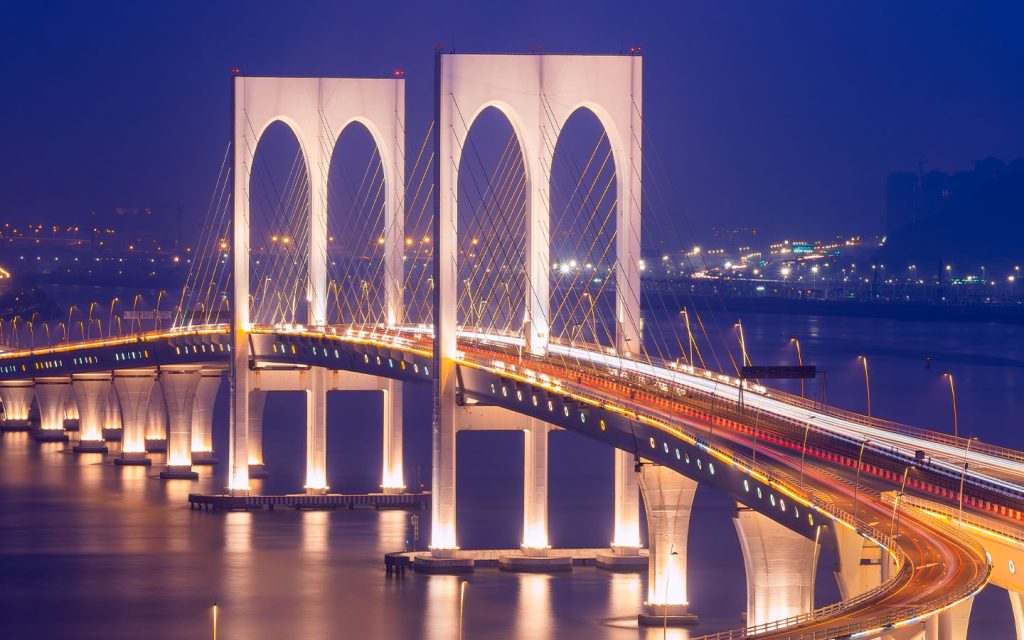
Sai Van Bridge is the third bridge connecting the Macao Peninsula and Taipa. Construction began in October 2002, and it was inaugurated on 19 December 2004, by then Chinese President Hu Jintao, with official operations starting on 9 January 2005. The six-lane bridge spans approximately 2,200 meters in length and 28 meters in width.
5. Historic Centre of Macao inscribed on the UNESCO World Heritage List (2005)
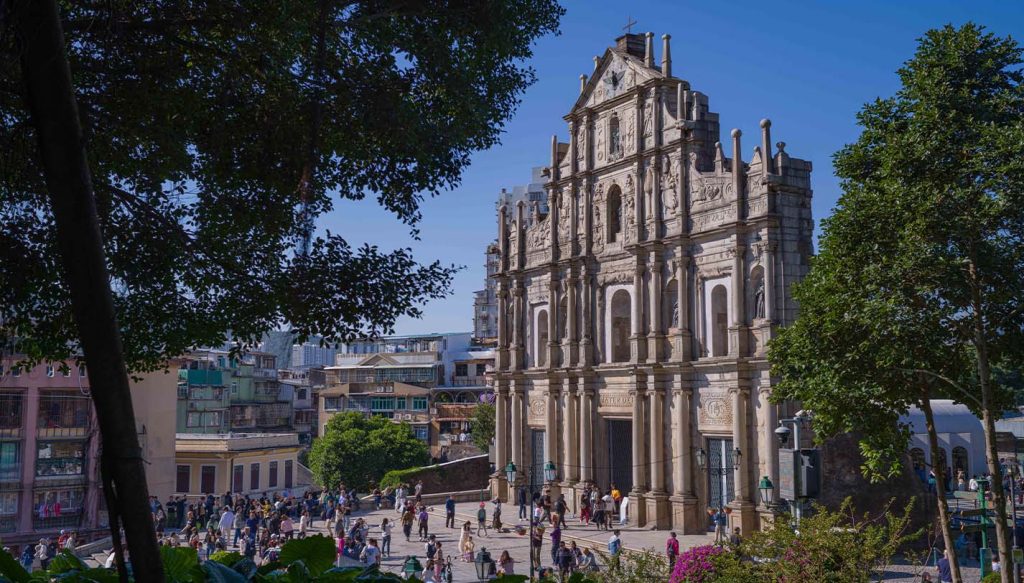
The 22 key buildings and public spaces that make up the “Historic Centre of Macao” were included in the UNESCO World Heritage List on 15 July 2005 as China’s 31st World Heritage site. The area includes the Ruins of St. Paul’s, Senado Square, Na Tcha Temple, the Old City Walls and Mandarin’s House, among other famous structures, showcasing a unique blend of Eastern and Western cultural, architectural, and religious influences.
6. The Venetian opens as the world’s biggest casino and puts Cotai on the map (2007)
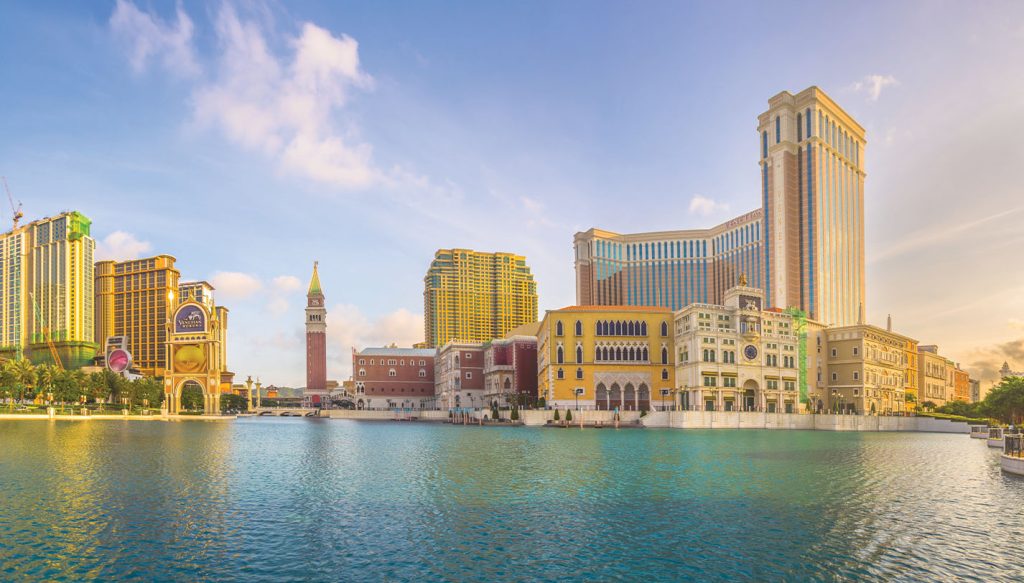
It wasn’t the first casino-hotel in Cotai (that distinction belongs to the Grand Waldo, which opened in 2006) but the Venetian truly kickstarted the Strip when it opened in August 2007. The world’s largest casino resort was the fruit of US$2.4 billion investment and featured the world’s largest gaming floor, spanning 50,000 square metres, with 3,400 slot machines and over 800 gambling tables. The resort also included 3,000 hotel rooms, a 15,000-seat arena, 350 retail stores, 108,000 sq m of convention space, fine dining options, and a Cirque du Soleil show.
7. The Grand Lisboa opens its doors (2007)
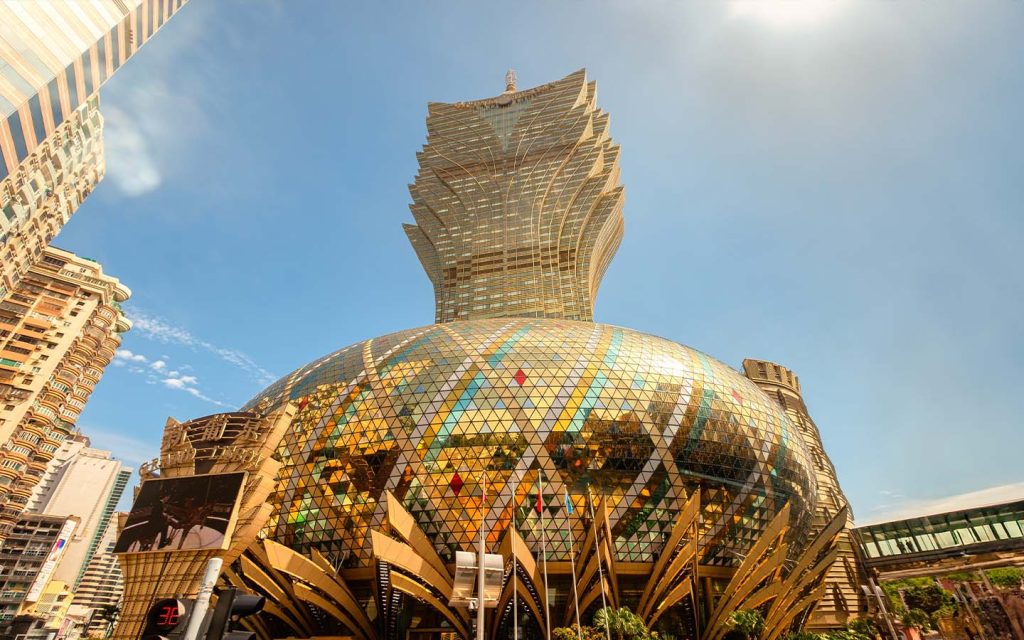
Macao’s skyline received a striking new addition when the Grand Lisboa, owned by SJM Resorts, opened its casino in February 2007 (the hotel rooms came later). The 260-meter-tall architectural icon is said to be inspired by Macao’s official flower, the lotus, although some say it was based on the plume of a Brazilian dancer’s headdress. The hotel, which eventually opened in December 2008, features over 400 luxurious rooms and houses the world’s largest cushion-shaped diamond, a flawless 218.08-carat D-colour gem.
8. Macao emerges as the gambling capital of the world (2007)
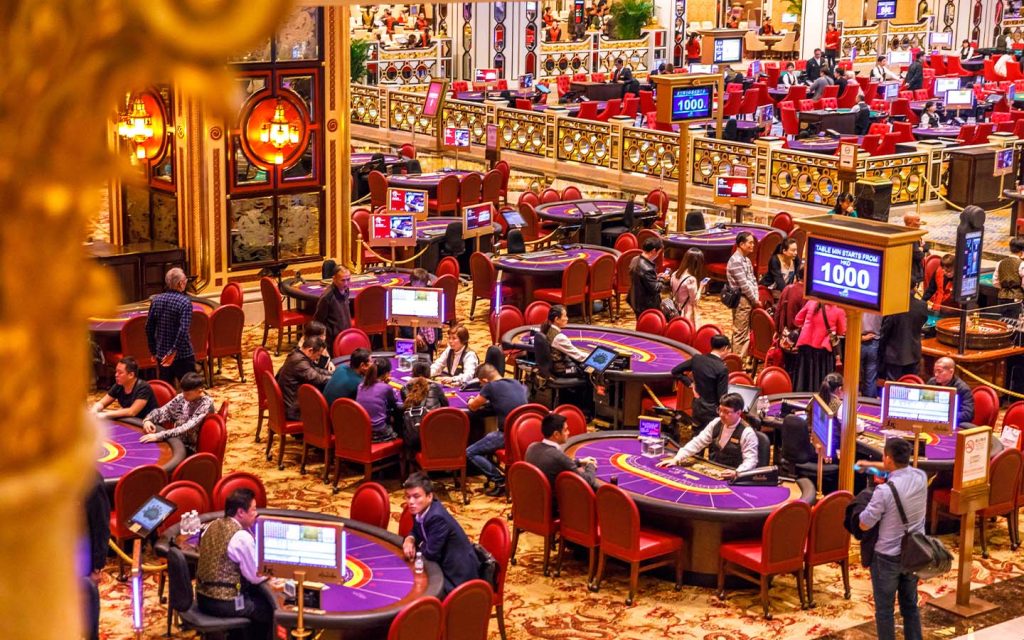
The opening of Macao’s casino market quickly paid huge dividends, with gambling revenues in the four years since liberalisation surpassing those of the Las Vegas Strip over the same period. From 2002 to 2006 gambling revenues in Macao surged 23 percent to US$7 billion, surpassing the Strip’s US$6.69 billion revenue. The data was released in August 2007, solidifying Macao’s new status as the world’s gambling capital.
9. The torch for the Beijing Olympics arrives in Macao (2008)
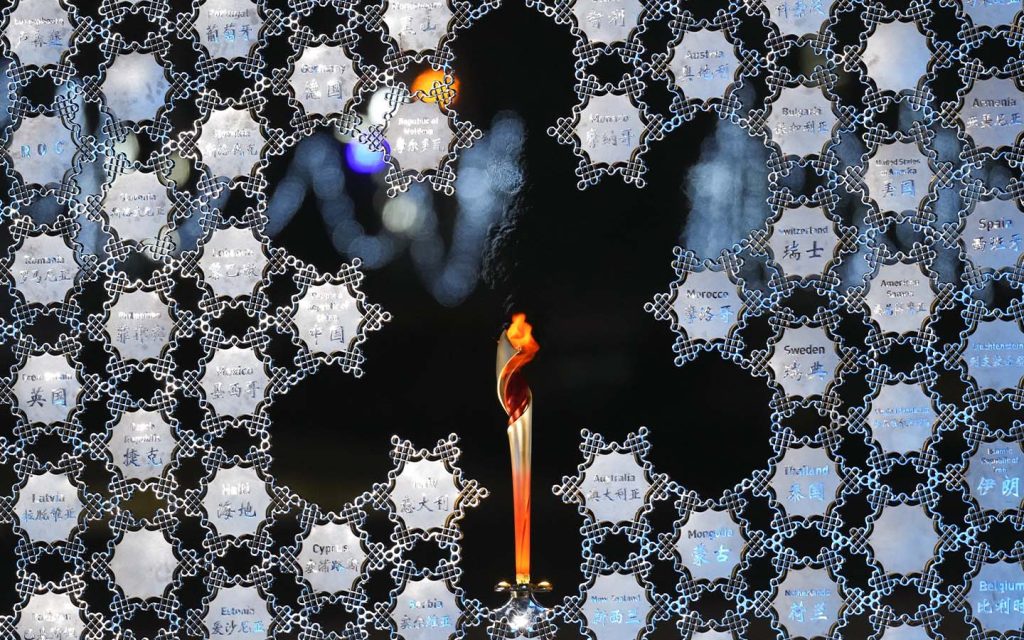
In May, three months before the opening of the Beijing Olympics, the Olympic torch arrived in Macao. A total of 120 torchbearers participated in the 27-kilometer relay, with casino magnate Stanley Ho joining local athletes, Macao government officials and Legislative Assembly members. The torch route wound past iconic landmarks, including A-Ma Temple, the Government Headquarters, Senado Square, and the Ruins of St. Paul’s.
10. Macao appears on the Michelin map (2009)
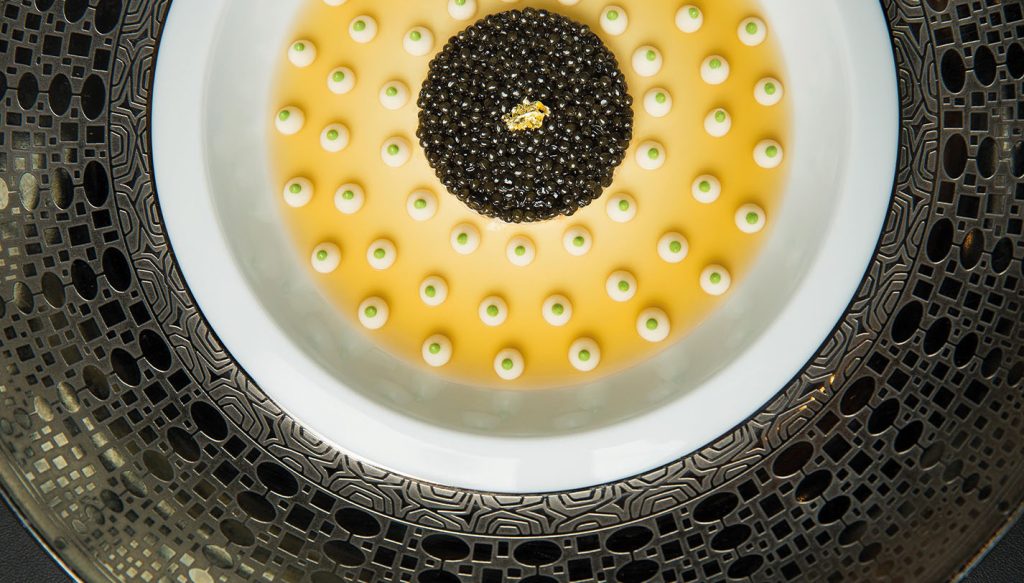
Michelin Guide Hong Kong Macau 2009 is launched as the first survey of the SARs by the famous food rating organisation – and the second in Asia after Tokyo. The more than 300-page publication features a total of 251 restaurants in the two cities, 33 of which are in Macao, with Robuchon a Galera (now Robuchon au Dôme) the first local restaurant to win the coveted three stars.
11. Edoardo Mortara becomes the first racer to win back-to-back F3 championships at the Macau Grand Prix (2010)
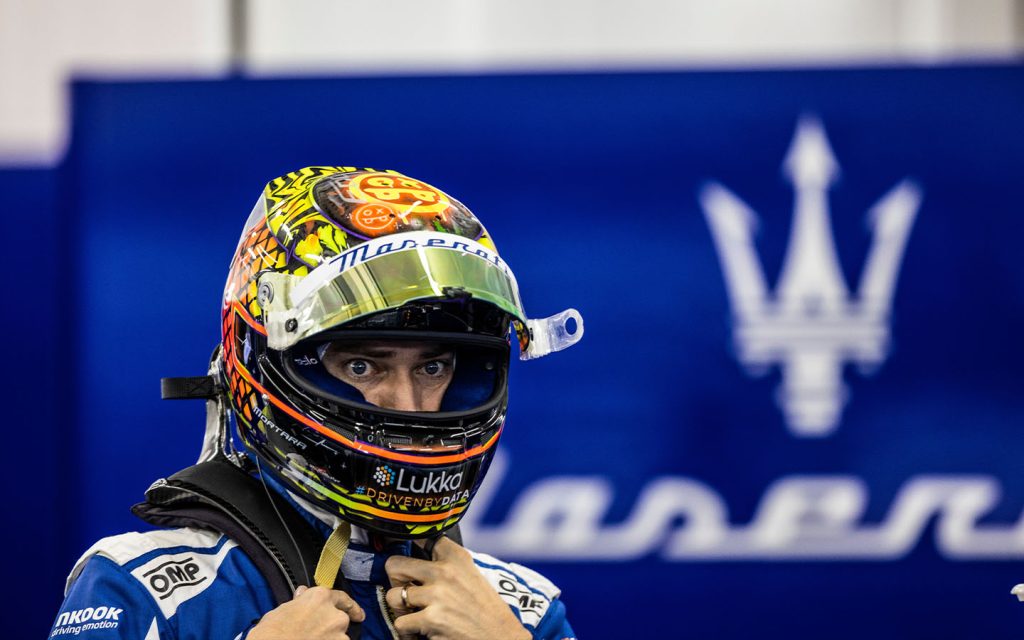
After making his Macao debut in 2007, Italy’s Edoardo Mortara returned the following year to finish as runner-up in the Formula 3 Macau Grand Prix. In 2009, he secured victory but was determined to win two FIA Formula 3 Intercontinental Cup titles. In 2010, he returned once again and crossed the finish line, making history as the first driver to win the Macau Grand Prix twice.
12. The Rolling Stones play Macao (2014)
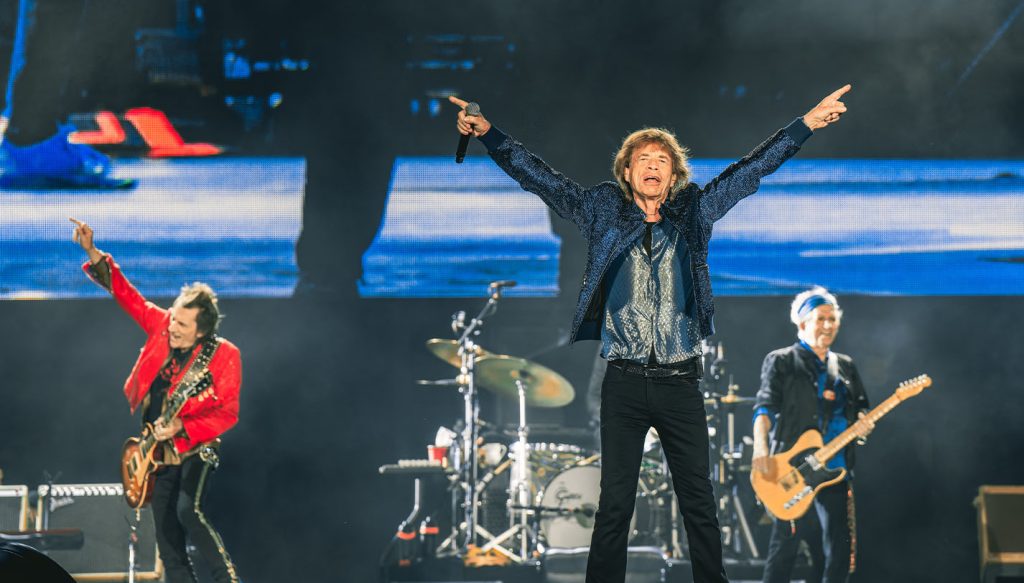
One of rock music’s most iconic bands, the Rolling Stones, put Macao on the music map with a performance at the Venetian as part of the 14 On Fire tour that started in Asia before heading to Europe and Australia. The stage design featured the band’s iconic lapping tongue logo, and the band delighted the crowd with hit after hit from its extensive back catalog. As one local journalist wrote: “For classic Rock fans in Macao and Hong Kong, it doesn’t get better than this.”
13. Madonna brings her Rebel Heart tour to Macao (2016)
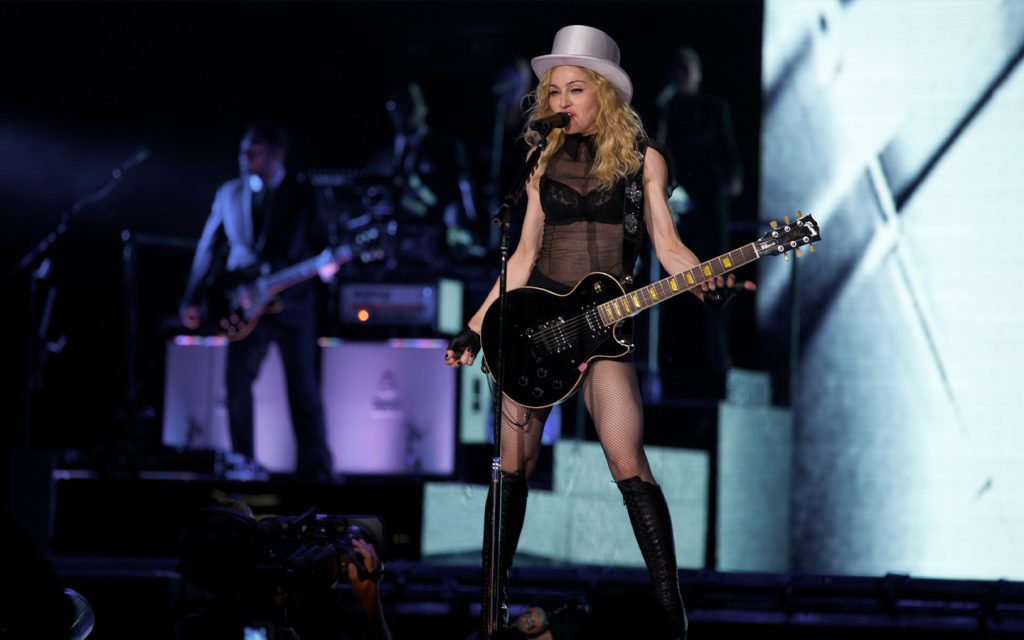
The Queen of Pop made her debut performance in Macao as part of her global “Rebel Heart Tour,” captivating a packed audience at the 5,000-seat Studio City Event Center. During the show, Madonna thrilled fans with some of her greatest hits, including “Like a Virgin,” “Material Girl,” and more. She concluded the concert in Cotai wrapped in a Macao flag – a memorable moment for local music fans.
14. Sisterhood becomes an LGBT landmark (2016)
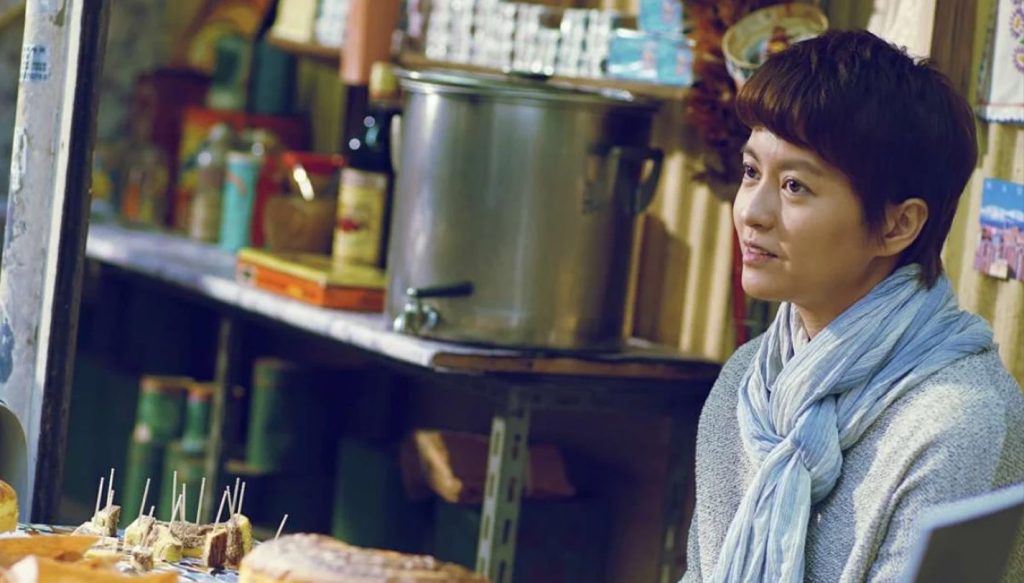
Macao director Tracy Choi premieres her first feature film, Sisterhood, which centres around the theme of discrimination against the LGBT community. The movie stars Gigi Leung, Fish Liew and Jennifer Yu and is set on the eve of the 1999 handover and tells the story of two women working at a massage parlour. The movie has screened at several international film festivals including the Cannes Film Festival in 2018.
15. The first Sands Macao Fashion Week is held (2017)
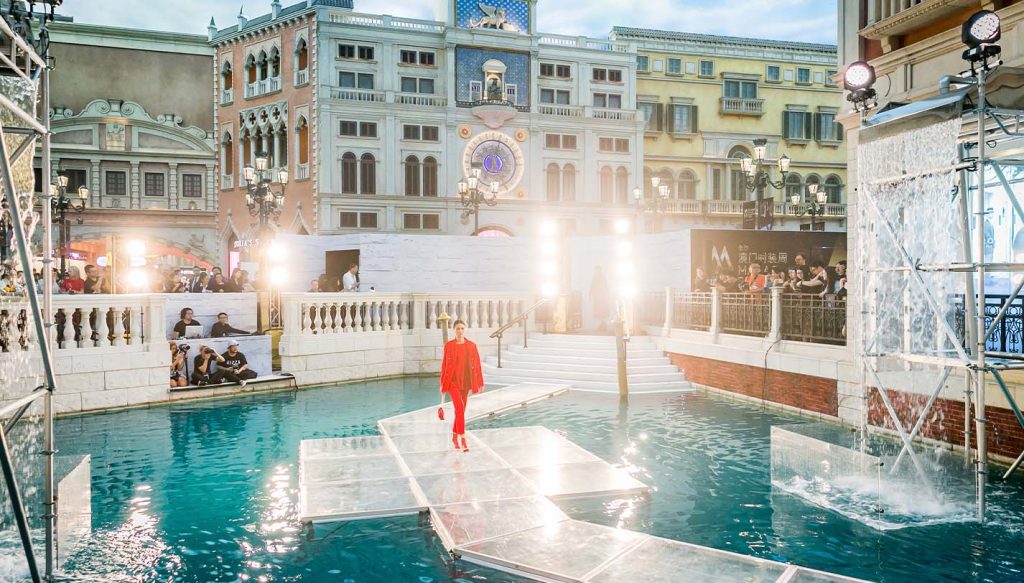
Sands Resorts Macao launched its first annual Sands Macao Fashion Week in October 2017, featuring six days of spectacular fashion programmes and promotions. While international label La Perla took advantage of the event to debut its Spring/Summer 2018 collection, the fashion week showcased Macao’s burgeoning fashion industry and highlighted local designers.
16. Macao is designated a UNESCO City of Gastronomy (2017)
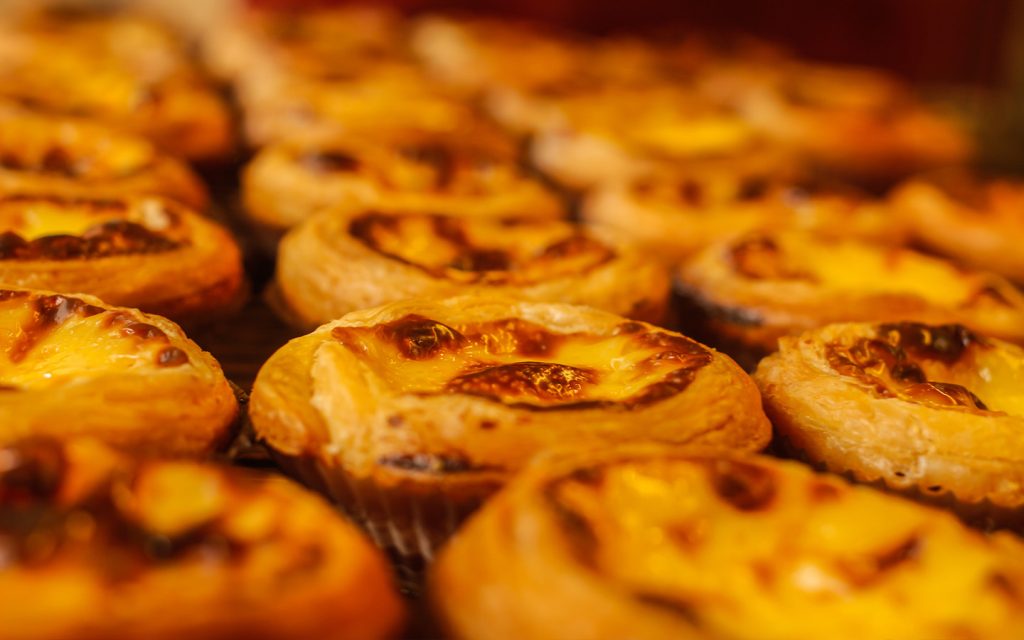
Macao became the third city in China, following Chengdu and Shunde, to join the UNESCO Creative Cities Network (UCCN) in the field of gastronomy. The designation opens up new opportunities to promote Macao’s unique culinary culture and foster a sustainable tourism industry as the city aims to establish itself as a global hub for tourism and leisure.
17. Leptanilla macauensis (Macao Little Ant) is discovered by a local scientist (2018)
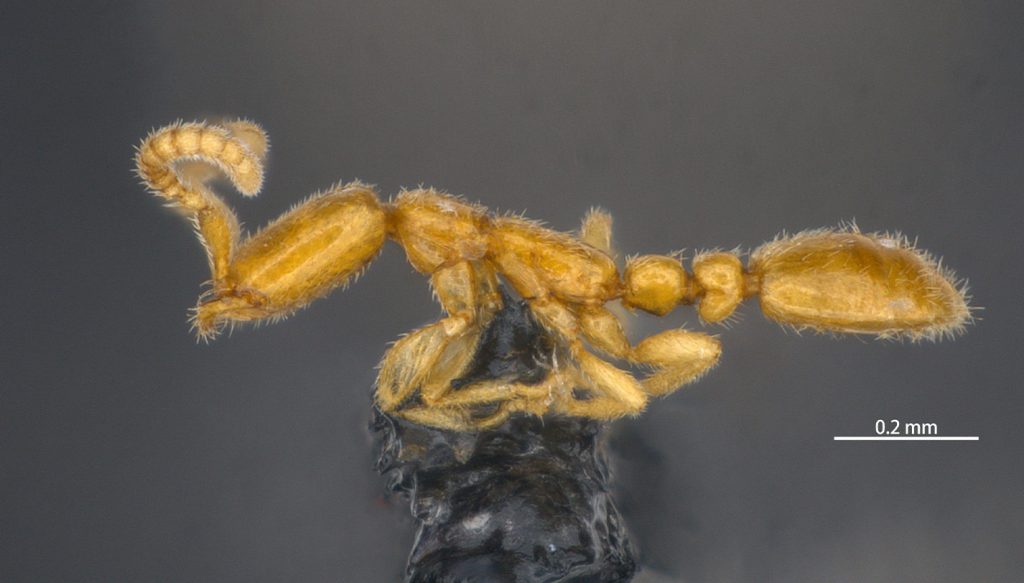
Danny Leong, a young researcher from Macao, discovers a new ant species in samples collected at Ilha Verde, and calls it Leptanilla macauensis, or “Macao Little Ant.” No more than a millimetre long, the Macao Little Ant features a small, hook-like spine, distinguishing it from other Leptanilla species.
18. The Hong Kong-Zhuhai-Macao Bridge officially opens (2018)
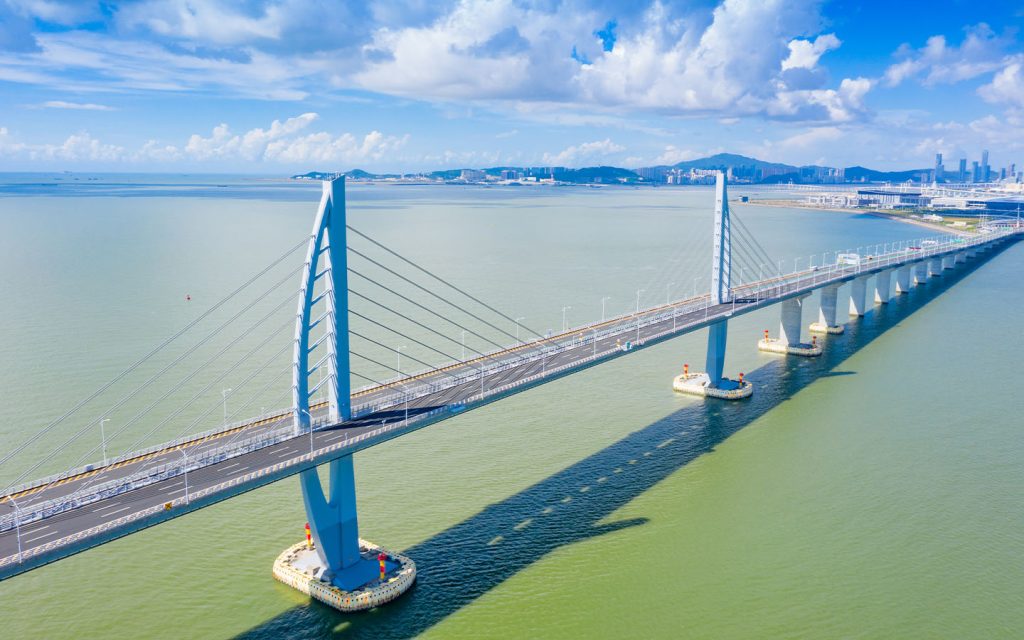
Taking nearly a decade to construct, the Hong Kong-Zhuhai-Macao Bridge opens in October 2018. A bridge-tunnel system that connects Hong Kong and Zhuhai with Macao, it is the longest sea crossing in the world, with a total length of 55 kilometers. The bridge reduces travel time between Hong Kong and Zhuhai or Macao from three hours to just 45 minutes and quickly becomes a popular alternative to the slower Macao-Hong Kong ferry.
19. Suncity CEO Alvin Chau arrested (2021)
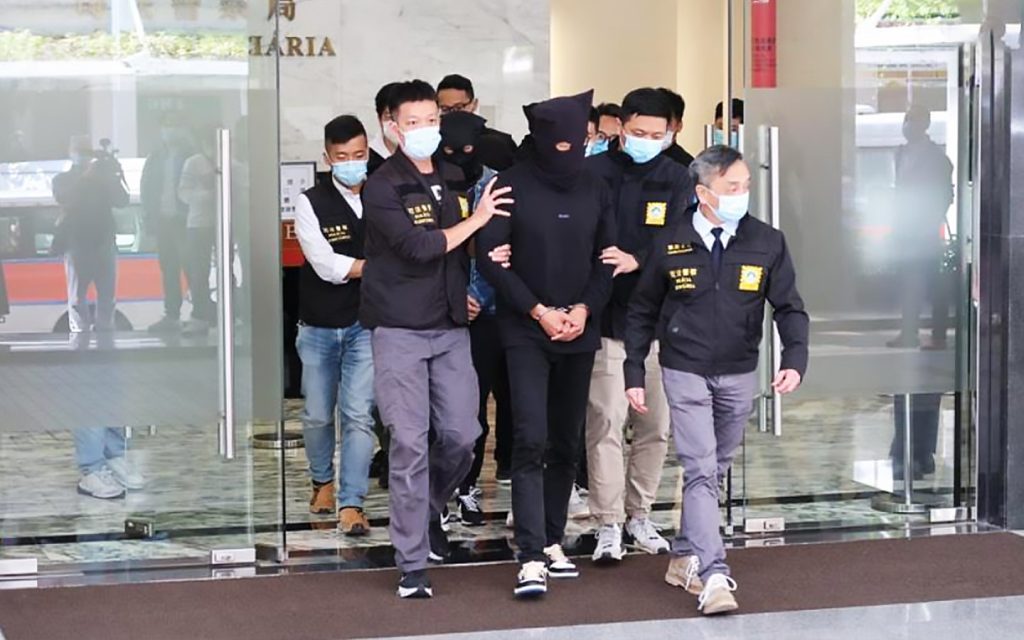
In November, Macao’s Judiciary Police transfer 11 people – including Macao’s best-known junket mogul, Alvin Chau – to the Public Prosecutions Office for alleged membership of a criminal organisation, illegal gambling operations and money laundering. The 11 suspects are taken in two police vehicles immediately after a brief police press conference.
20. Macao lifts travel restrictions after the Covid-19 pandemic (2023)
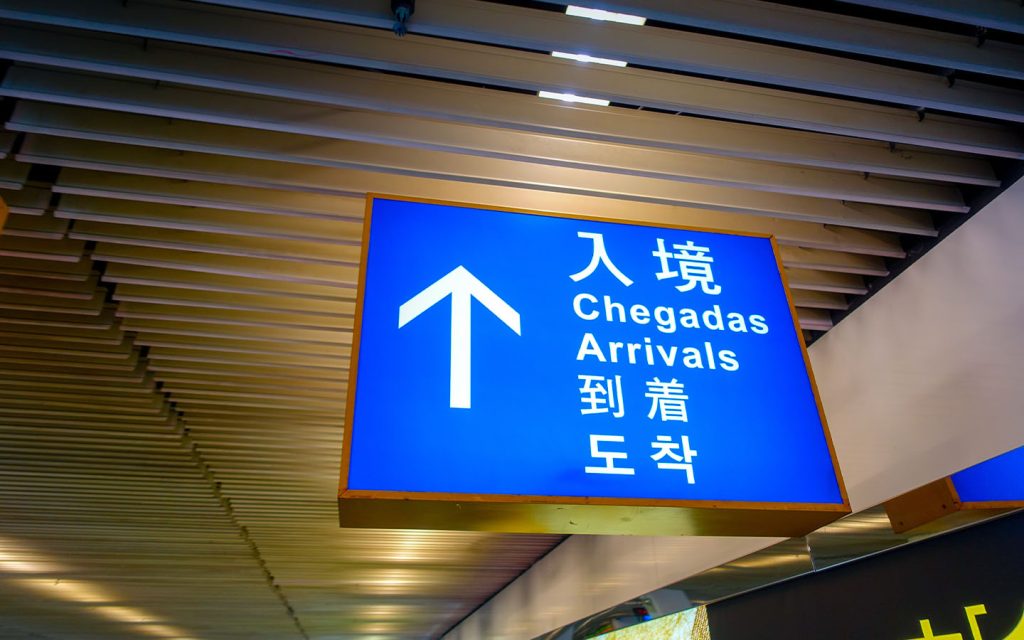
Tourism slowly returns to normal from 8 January – the date when Hong Kong and Taiwan visitors no longer need to take a Covid test before entering Macao, unless their onward journey takes them to mainland China within the next seven days. International visitors are also welcomed, but they still need to take a test within 48 hours of boarding their plane or boat to Macao.
21. Li Yi wins gold at the Asian Games (2023)
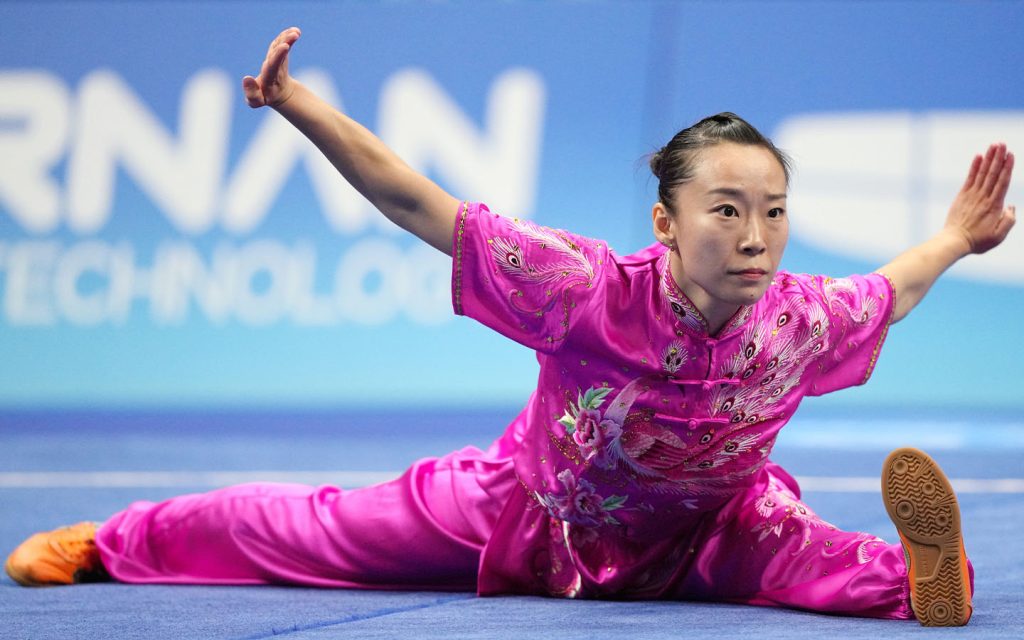
Held in Hangzhou in September, the games saw 31-year-old Li Yi coming in top place in the competition for women’s changquan – a form of the Chinese performative martial art known as wushu. She scored 9.786, edging out Hong Kong’s Liu Xuxu by just 0.03 points. Li says the gold medal is the highlight of a career that has seen her earn two previous silver medals and two world championships.
22. The LRT’s Taipa-Barra extension opens (2023)
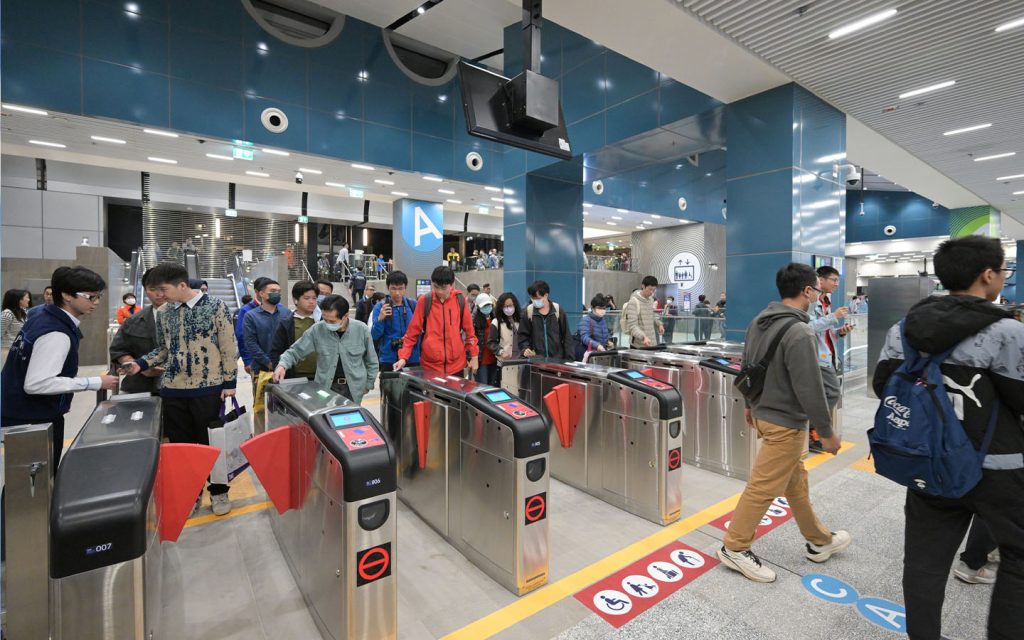
In December, the Taipa-Barra extension becomes operational, connecting the Taipa Line of the Light Rapid Transit (LRT) network to Barra on the Macao Peninsula. The 3.4-kilometre extension features an enclosed track that runs beneath the Sai Van Bridge and takes about four minutes to make the journey. It is the first time that Taipa and the peninsula have been connected by train.
23. Macao becomes the five-star hotel capital of the world (2023)
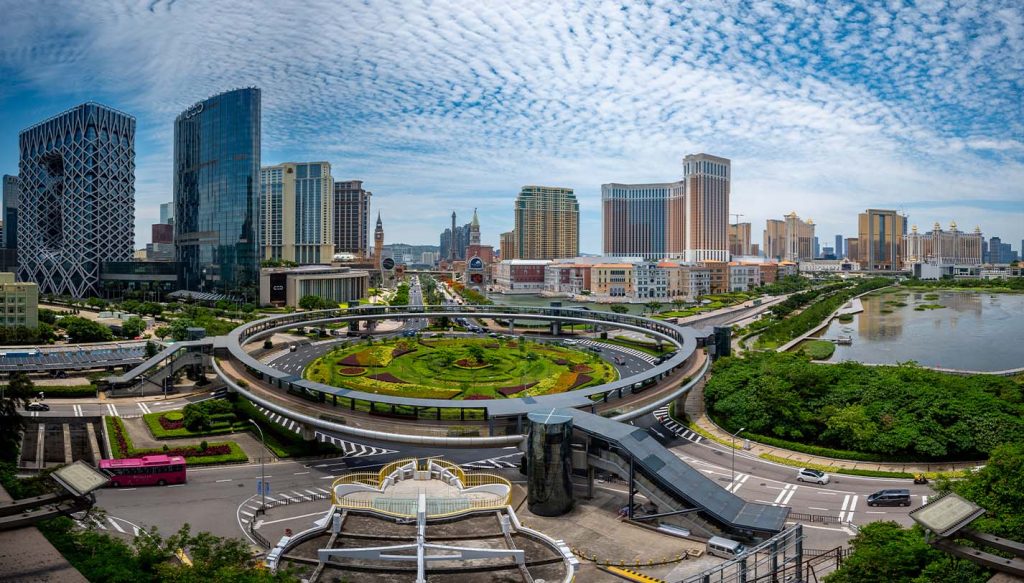
For the first time, Macao surpasses London, a four-time winner, to become the city with the most five-star hotels according to the Forbes Travel Guide. With 22 five-star properties and the highest number of new additions, Macao’s notable hotels include Galaxy Hotel, Grand Lisboa Palace Macau, the Karl Lagerfeld, Londoner Court, and Londoner Hotel.
24. Netflix movie Ballad of a Small Player begins filming in Macao (2024)
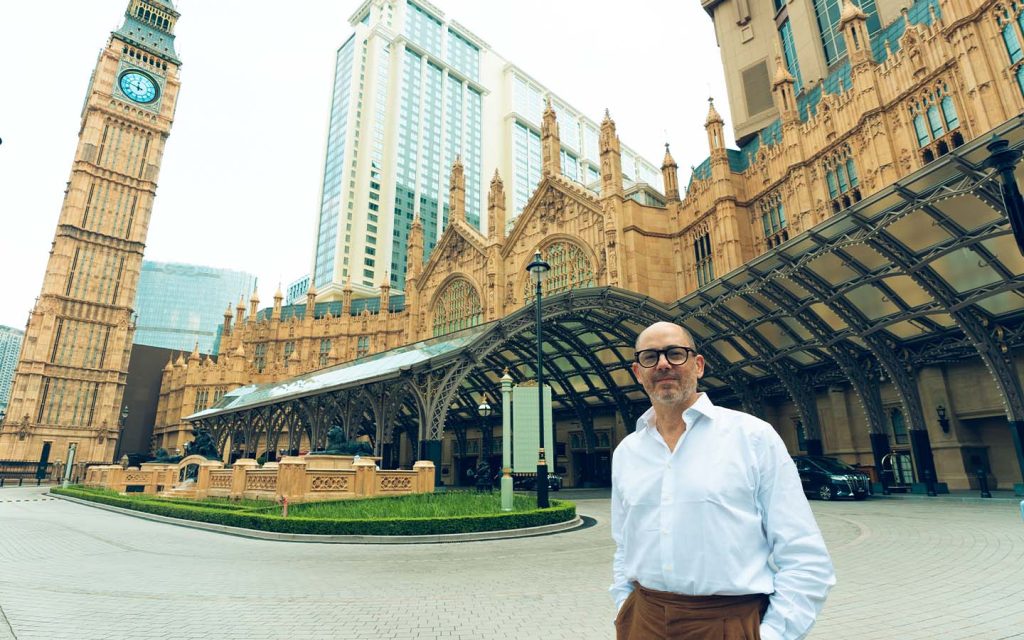
The Ballad of a Small Player, a Netflix film, begins location shooting in Macao’s casinos in August. Based on the book of the same name by Lawrence Osborne, the movie stars Colin Farrell as Lord Doyle, a con man turned compulsive gambler who seeks refuge in Macao. The cast also features Tilda Swinton and Fala Chen. Notable filming locations include the Londoner Macao and other hotels in the area.
25. The Macao Bridge opens (2024)
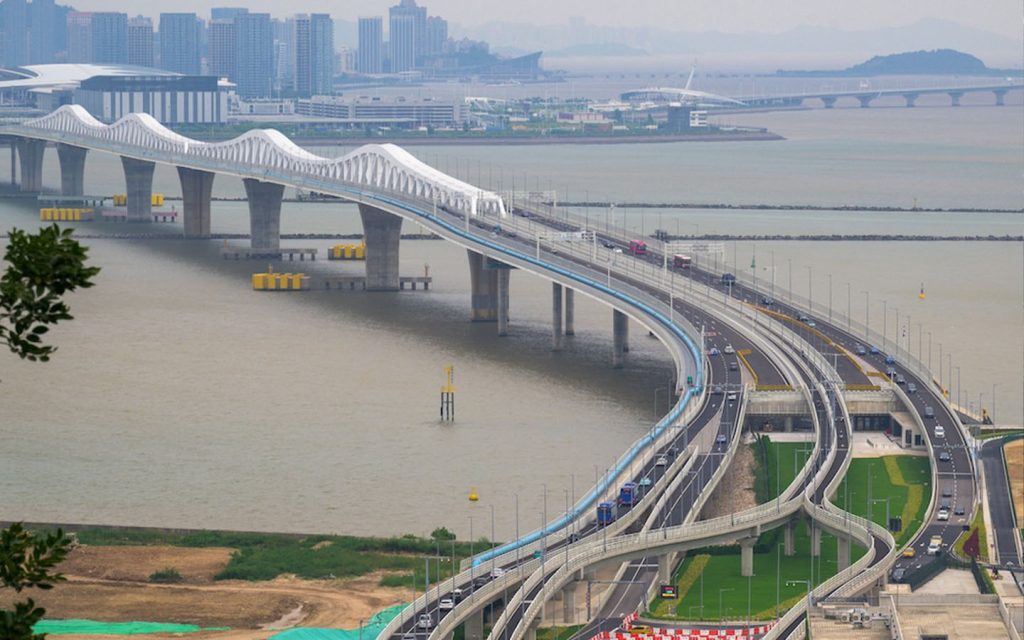
The Macao Bridge officially opens on China National Day, marking the completion of over four and a half years of construction. This new 3.1-kilometer, eight-lane bridge is the fourth to connect the Macao Peninsula to Taipa and has been built at the cost of 5.27 billion patacas (US$653.92 million).

